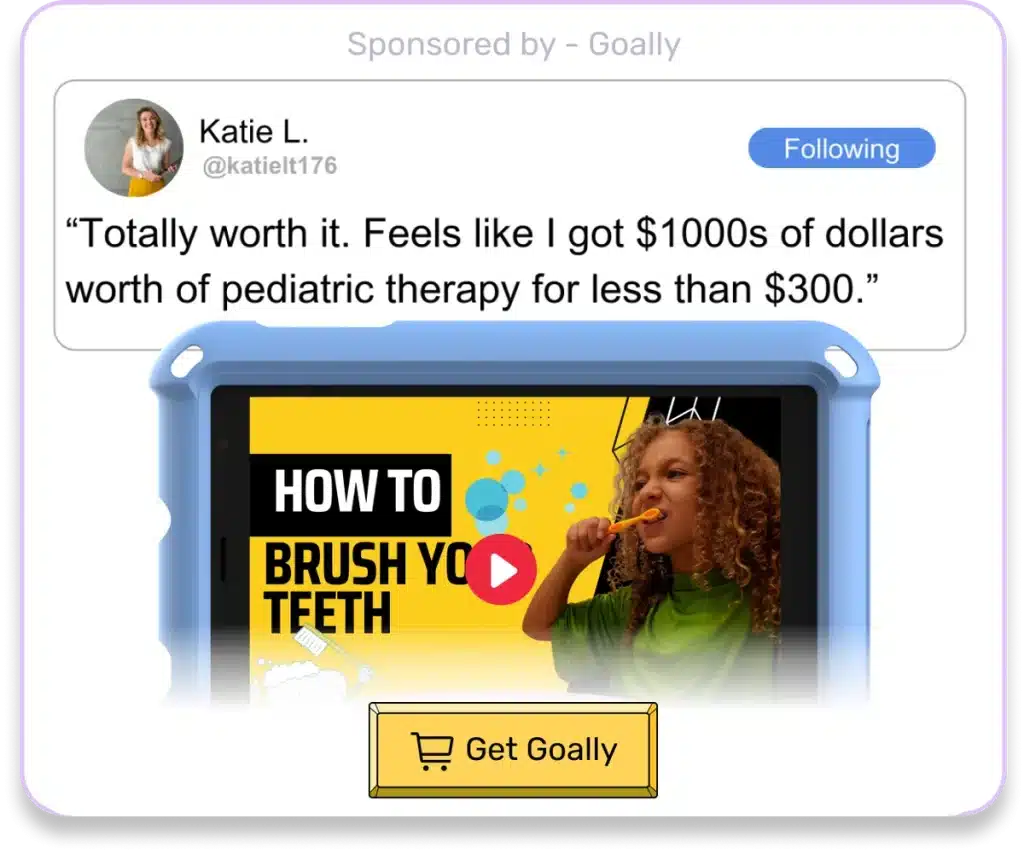Is your child struggling with social interactions? This post will help you understand Social Communication Disorder (SCD) and explore potential solutions.
Key Takeaways:
- Social Communication Disorder impacts understanding and applying social rules in conversation.
- Symptoms include difficulty adapting language, responding appropriately, and using non-verbal cues.
- Treatment can involve speech therapy, social skills training, and cognitive-behavioral therapy.
What is Social Communication Disorder (SCD)? SCD is a condition where individuals have persistent difficulties with verbal and nonverbal communication used for social interactions, affecting their ability to effectively communicate according to social expectations.
Table of Contents
Understanding Social Communication Disorder
Social Communication Disorder (SCD) is characterized by difficulties communicating and interacting socially. In other words, it manifests as a child having difficulties understanding social rules, changing language based on the situation, understanding implicit meanings in different contexts, and interacting in a way that’s appropriate for their age. Recognizing SCD can be a bit tricky because communication is a complex process.
Signs and Symptoms
Kids with Social Communication Disorder may exhibit a myriad of signs. Below are some common indications:
- Struggling to respond to others: Kids may have difficulty understanding when to respond to someone or how to engage reciprocally in a conversation.
- Difficulty adapting language to different settings: Children could need help to switch between different communication styles, finding it hard to shift from a formal to an informal tone.
- Lack of non-verbal communication skills: You may notice your child needing help using appropriate gestures, eye contact, or facial expressions.
- Understanding ambiguous phrases and metaphors: Understanding age-appropriate jokes, phrases with multiple meanings, and metaphors may be a significant hurdle.
Remember, if your child presents some of these signs, it doesn’t automatically mean they have SCD.

Read more: What are Speech Generating Devices?
Causes and Diagnosis
Several factors play a role in SCD development, including genetics, environmental factors, and brain development. However, mostly, it’s a mystery why some kids develop SCD and others don’t. As for diagnosis, it’s commonly made by a speech-language pathologist (SLP) or a mental health professional. They might use a social communication disorder test, a detailed interview, and a thorough history-taking process.
Taking the Social Communication Disorder Test
We’ve reached the part you’ve been waiting for, the social communication disorder test. Remember, this test is a tool for understanding, not a definitive diagnosis. The results could give you a better insight into your child’s needs and guide your following action.
Treating SCD
The good news is there are several treatment options for SCD. A tailor-made approach, focusing on a child’s difficulties yields the best results. The frontline interventions include speech and language therapy, social skills training, and cognitive-behavioral therapy (CBT). Psychological and educational support in school and parental training have also been found to be beneficial.
Children with thinking and learning differences can grow leaps and bounds with effective therapy. For instance, Goally’s Skill Building Tablet offers a fun and engaging approach to skill-building, which could aid in strengthening the social communication skills of your kid.
Read more: Social Stories for Kids With Autism
Goally | Skills Training Videos for Kids
Does your child need some extra guidance on building essential life skills? Goally’s TV app for kids has the most robust video library of skills training videos for kids. Ranging from content like “How to Brush Your Teeth” to “How to Make Friends at School,” we have dozens of interactive video lessons for kids with thinking and learning differences.
Dive into the Goal Mine channel, where Puffy the Penguin leads your child through behavior skills training videos. They’ll learn social, hygiene, and living skills that are key to their independence. For those moments when they need a break, the Chill Zone channel offers low stimulation video content with Paulie the Penguin at the beach, perfect for relaxation and self-regulation.
Navigating parenthood is a remarkable journey filled with moments of joy and occasional worry. Remember, knowledge is your greatest ally. When it comes to social communication disorders, awareness and early diagnosis are transformative. If you suspect your child might have SCD, promptly seek professional help. Therapies and innovative tools like Goally’s Skill Building Tablet are invaluable in helping your child thrive and build a promising future. Here’s to strong, resilient parents and extraordinary kids who shine brilliantly in their own unique ways. You’re doing an exceptional job!
Helpful Resources
- American Speech-Language-Hearing Association (ASHA)
- Autism Research Institute
- American Psychological Association (APA)
FAQ’s About Social Communication Disorder Test
What is a social communication disorder test?
A social communication disorder test assesses an individual's ability to use verbal and nonverbal communication effectively in social contexts.
Why is testing for social communication disorder important?
Testing helps identify specific challenges in social interaction and communication, guiding appropriate intervention strategies.
What symptoms does a social communication disorder test look for?
The test looks for difficulties in adapting communication in social settings, understanding non-literal language, and using communication for social purposes.
Who can perform a social communication disorder test?
A qualified speech-language pathologist or a trained mental health professional typically conducts these tests.
Can a social communication disorder test diagnose other conditions?
While focused on communication issues, the test may indicate related conditions like autism spectrum disorder or ADHD, necessitating further evaluation.
This post was originally published on 09/23/2024. It was updated on 08/20/2024.

Hennah is an experienced writer and researcher, helping children with autism, ADHD, and other neurodivergent conditions. As a blog contributor for Goally, she combines her deep understanding of neurodiversity with practical advice, offering valuable insights to parents and educators.






